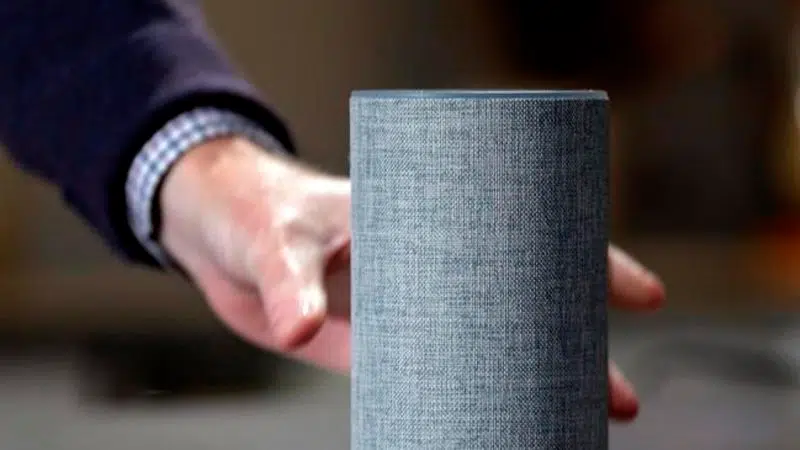
Bonjour, Alexa! How a virtual assistant learned to speak Canadian French
MONTREAL — Last September, Hans Laroche embarked on an unusual teaching assignment. He and a few thousand fellow Quebecers were enlisted to help Amazon’s virtual assistant Alexa learn the finer points of Canadian French, from the distinctive accent to so-called “joual” expressions and the linguistic mishmash known as “Franglais.”
With Amazon’s official release of its French Canadian language option for Alexa on March 21, the results are now available for all to hear.
Because Alexa’s algorithm requires a great deal of data, Laroche says he and his fellow testers were given a free Echo device and asked to interact with it on a regular basis by asking it questions, getting it to perform household tasks or using it to play music, audiobooks or news. Every week or two, they were asked to provide feedback to developers, who worked to further refine the algorithm and its language capabilities.


